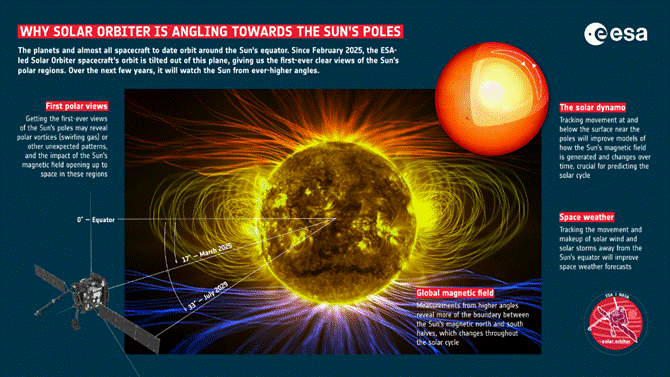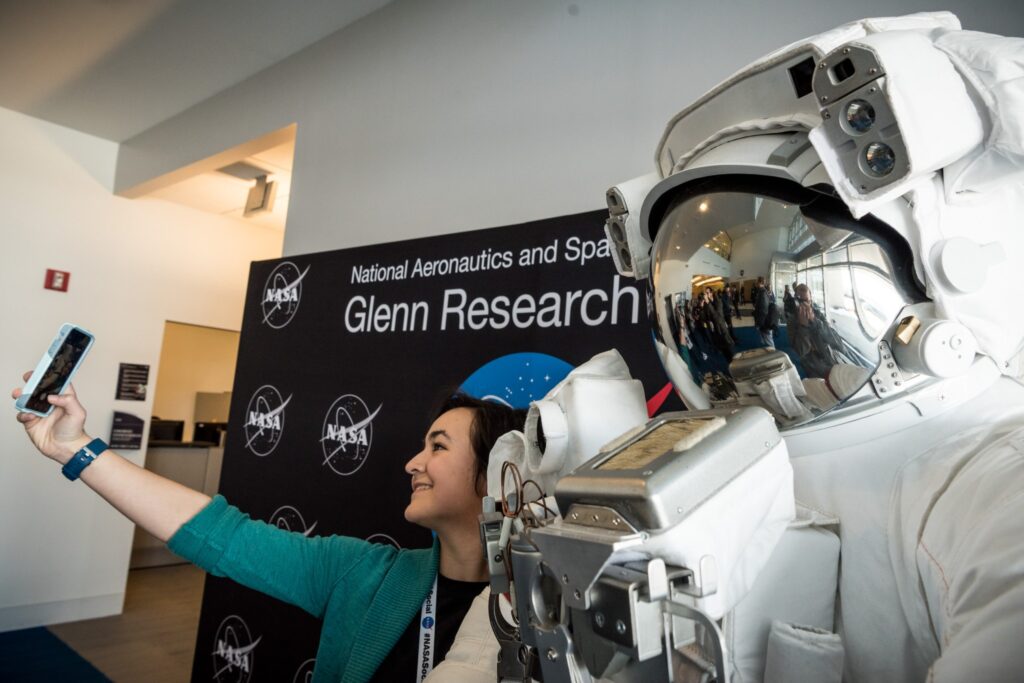Rocket Lab is ready to launch the first mission from its newly built pad in New Zealand on Monday (Feb. 28), and you can watch the event live.
The window for the mission, dubbed “The Owl’s Night Continues,” opens at 3:35 p.m. EST (2035 GMT) on Monday. You can watch it live here at Space.com, courtesy of Rocket Lab, or directly via the company.
The mission plan calls for a Rocket Lab Electron launcher to heft a Strix Earth-observation satellite into orbit for the Japanese company Synspective. Rocket Lab will be using the newly completed Pad B at its New Zealand launch complex, which lies on the North Island’s Mahia Peninsula.
In a statement, the company said that it has two more launches for Synspective lined up after this one — another one in 2022 and a third in 2023.
Related: Rocket Lab and its Electron booster (photos)

Related stories:
Each mission, Rocket Lab stated, will loft a single Strix satellite to orbit. Strix spacecraft study Earth using synthetic aperture radar (SAR), which can look through clouds to see the surface of the planet during daytime or nighttime passes. Strix craft are meant to detect “millimeter-level changes” to Earth’s surface between passes, Rocket Lab said.
The mission name, “The Owl’s Night Continues,” is a playful reference to Rocket Lab’s first launch for Synspective in December 2020 that launched the Strix-α satellite. That 2020 mission was called “The Owl’s Night Begins.” (Strix is a diverse and widespread genus of owls.)
The Strix-α mission, Rocket Lab added, was “the first spacecraft in Synspective’s planned constellation of more than 30 SAR satellites, designed to collate data of metropolitan centers on a daily basis to support urban development planning, construction and infrastructure monitoring and disaster response.”
The 59-foot-tall (18 meters) Electron gives small satellites dedicated rides to orbit, as opposed to sharing a ride on a larger rocket. Electron has been quite prolific in recent years, and Rocket Lab says Pad B will allow for even more launches in the years to come.
Follow Elizabeth Howell on Twitter @howellspace. Follow us on Twitter @Spacedotcom or Facebook.


